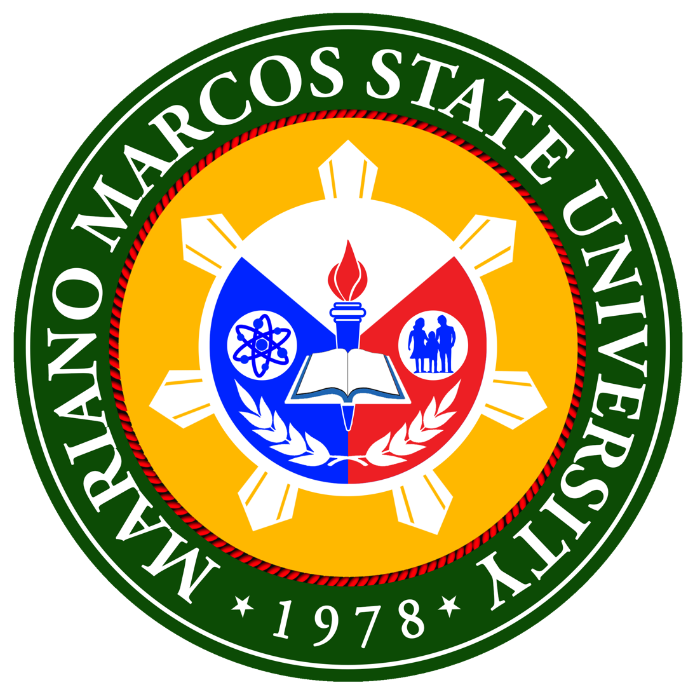Best aggie practices seen in cross-farm visit
The best agricultural practices being advocated by the research, extension, and business directorates of MMSU were featured during the cross-farm visit held at the university main campus on November 12.
Some 250 farmers, students, researchers, and extension workers visited the MMSU Coordinated Agribusiness, Research, and Extension Strategies on Technology Promotion and Transfer (CARES) Farms in Brgy. Quiling Sur; the President's Farm and Rice-Seedstock Dispersal Project in front of the MMSU CAFSD; and the Rice Paddy Art that featured the image of former First Lady Imelda Marcos at the university's Extension Demonstration Area.
The CARES program, which was launched last January, aims to share the latest production technologies developed by MMSU, and properly address the ever-increasing number of farmers cultivating the farms. The first phase of the program has been implemented in the contiguous 26-hectare farmlan, with 77 farm lots of 3,000 square meter per lot, through infrastructure development and farming activities.
Meanwhile, the President's Farm and Seed Production Project serve as a model to farmers in using high quality rice seeds for higher productivity. Under the Rice Seedstock Dispersal Project, farmer-beneficiaries can avail of high-yielding varieties of rice and organic fertilizer but must pay the loaned inputs after harvest. To date, there are 81 farmer-beneficiaries under this program.
The rice paddy art is a continuing project of MMSU and PhilRice that aims to promote the importance of rice and the unique art of doing so. Now on its second year, the rice paddy art was established using IR 1552, a traditional Korean purple rice variety and a high-yielding PSB Rc 82. Transplanters used the anamorphosis principle, the same a technique being used in 3D art where a picture looks distorted but appears normal when viewed from a certain angle.
“The cross-farm visit was conducted every year to inspire farmers to plant high yielding and resilient varieties of rice, and the application of appropriate technologies to boost productivity," said Dr. Aris Reynold V. Cajigal, director of MMSU's Extension Directorate.
After the cross-farm visit, a farmers' forum was also held at the MMSU Student Center, and was graced by Batac City Mayor Albert D. Chua, PhilRice - Batac Manager Reynaldo C. Castro, and MMSU Vice President for Planning and Finance Ami Ruth R. Cocson.
"The technologies developed by the researchers can now be easily adopted by the farmers because of the MMSU CARES program that has consolidated their farmlands," Dr. Castro said.
"But the problem is, our cost of production is still high, a reason why we cannot compete well with other regions," he lamented, adding that "we need to have farm machineries to avoid this concern."
Mayor Chua thanked MMSU and PhilRice Batac for their programs for the development of agriculture in the province, assuring that the city government will continue its support to the farmers by providing quality farm inputs and machineries.
Engr. Cocson, who represented the MMSU president, thanked the stakeholders for their support in the implementation of the university programs, and emphasized the importance of cooperation in any project that could lead to development.
Written By:
Administrator
Other News
2 MMSU profs receive BSU-CVM Young Veterinarian Achiever Award
MMSU Vet Med prof recognized for contributions in marine mammal protection
MMSU-CTE hosts SUCTEA Regional Conference
100% success of MMSU nursing and physician board examinees feted in testimonial rites
Parnuay rolls out discussions aligning education with creative industries

